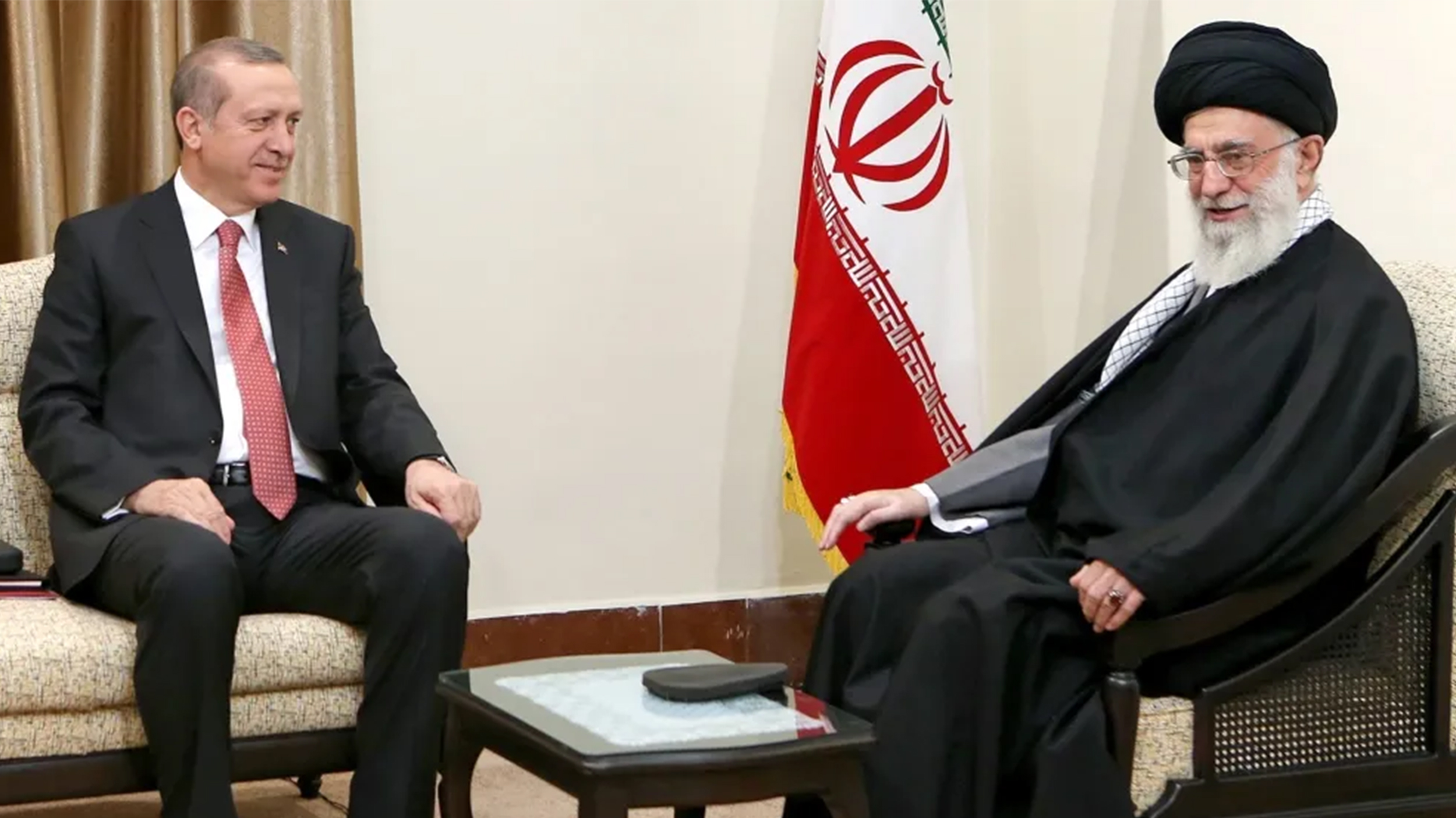
Over the past three decades, Iran has acted to expand its influence in the Arab world, especially in countries with a significant Shia population, while also seeking to secure a foothold in the Caucasus. Turkey, too, has sought a greater role in the Arab world and worked to rebuild ties with Turkic countries in Central Asia. The expansionist foreign policies of both states have naturally fuelled competition between them, though they have generally pursued a pragmatic approach to one another. In recent months, however, two sensitive issues have stoked tensions: an ambitious Iraqi development project and Azerbaijan’s efforts to secure the Zangezur corridor through Armenia, which links the country with the Azerbaijani autonomous region of Nakhchivan in the west.
Launched in May 2023, the $17-billion Iraqi project aims to establish a highway and railway connection between Basra and the Turkish port of Mersin. When completed, the route will become a vital corridor for the transport of goods between East and West and an economic artery for Iraq, spurring the development of new industrial cities from the far south to the far north. It is also sure to strengthen Iraqi-Turkish economic and social ties and foster closer cooperation to deal with the security risks in the Iraqi-Turkish-Syrian border area.
If the 43-kilometre Zangezur corridor is restored, it will give Baku direct overland contact with Nakhchivan, a gateway to Turkey, which will in turn permit direct communication between Azerbaijan and its closest ally, Turkey. The latter will enjoy direct access to the Turkic world in Central Asia, without needing to circumvent Georgia or rely on a parallel route through Iran.
Each of these endeavours threatens what Iran perceives to be its interests.
Regarding the Iraqi project, this is unsurprising. Tehran believes that closer ties between Iraq and Turkey around such a strategically important project will affect its own position in Iraq, which it now considers its sphere of influence. Speaking of the project on a visit to Iraq in mid-September, Iranian Foreign Minister Abbas Araghchi voiced concern for the interests of Iraq and the prosperity of its people, but he stopped short of supporting the road development project. Indeed, he seemed to chide the Iraqi government for moving ahead with it without first consulting Iran. The problem is that the project is exceedingly popular in Iraq, particularly among the Shia population. Iran will thus likely not wage an open battle against it, but will instead work to oust the prime minister—the father of the project and its most enthusiastic, determined supporter—at the earliest opportunity. Indeed, just days after Araghchi’s visit, pro-Iranian forces in Iraq launched a campaign against the Iraqi prime minister, accusing him of illegally wiretapping political and militia leaders.
Moving north, opening the Zangezur corridor necessarily entails the closure of Iran’s window on to Eurasia, a reversion to the Soviet-era status quo. Given the close ties between Azerbaijan and Azeri citizens of Iran with nationalist ambitions, Iran chose to ally with Armenia after the fall of the Soviet Union. Blocking the linkage between Nakhchivan and Azerbaijan gave it a geopolitical advantage in Central Asia while also forestalling Azerbaijani unity. Tehran is thus not keen to see a more unified Azerbaijan, nor does it relish giving Turkey direct access to Central Asia east of Iran without the route passing through Iran itself.
On X, Araghchi recently tweeted that “any threat to the territorial integrity of neighbouring states or a geopolitical change near our borders is a red line for Iran.” The Turkish president, too, stated in mid-June that Iran was the “main obstacle to opening the Zangezur corridor.”
For its part, Baku wonders why Iran should see the restoration of Azerbaijan’s rights in the Zangezur corridor as a threat. It argues that Iran’s access to the north would not necessarily be cut off because it could easily build tunnels or bridges through the corridor to maintain the road linking it to Armenia.
The Iraqis and Azerbaijanis, and perhaps the Turks along with them, may think that the escalation of the Iran-Israel conflict will foster a more rational approach in Tehran towards the interests of their Iraqi, Azeri and Turkish neighbours. Absent this, there is little doubt that Iran will stand in the way of Iraqi-Turkish development and Azerbaijan’s efforts to reclaim its right to the Zangezur corridor.
*This is a summary of a policy brief originally written in Arabic available here.